Keywords: Academics
There are more than 200 results, only the first 200 are displayed here.
-
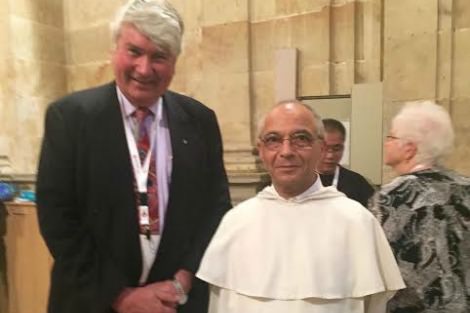
INTERNATIONAL
- Frank Brennan
- 05 September 2016
1 Comment
'I am a Jesuit amongst Dominicans contemplating the Church's view of human rights. I am a human rights practitioner rather than a theologian, aware that human rights discourse is increasingly more universal and secular. Contemplating, preaching and enacting human rights in the 21st Century Church and World, I come asking two questions.' Frank Brennan's keynote presentation in Salamanca Spain to the International Congress of Dominicans in the Promotion and Defence of Human Rights: Past, Present, Future on the occasion of their 800th anniversary.
READ MORE
-
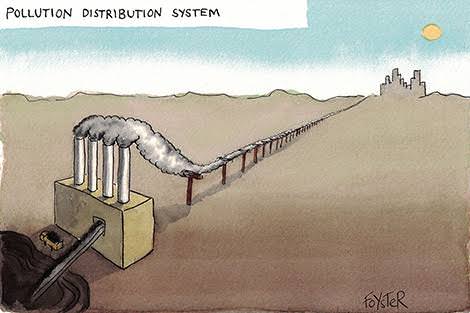
ENVIRONMENT
- Greg Foyster
- 26 August 2016
8 Comments
On 7 July, South Australia experienced a cold snap. As residents turned on their heaters, the still and cloudy conditions meant wind and solar power couldn't contribute much to meeting electricity demand. The last coal plant had closed a few months before, pushed out of the market by renewable energy. As if on cue, the spot electricity price spiked. Instead of a lesson about the danger of too much wind power, it's about the danger of too much market power in the hands of a few big players.
READ MORE 
-
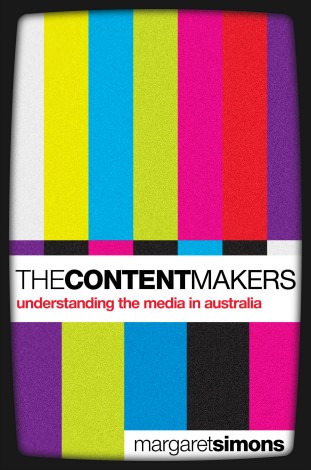
MEDIA
- Jeff Sparrow
- 27 January 2016
13 Comments
Josh Bornstein compared the ABC to the victim in an abusive relationship, desperately trying to ward off the next blow by anticipating the criticism of its enemies. Certainly, enlisting Andrew Bolt to participate in a documentary on Indigenous constitutional recognition seems like a pre-emptive defensive move against the accusations of bias that are routinely levelled against the national broadcaster. For Bolt the arrangement is win-win; for the ABC it's yet another example of self-sabotage.
READ MORE 
-

AUSTRALIA
- Jeff Sparrow
- 02 December 2015
7 Comments
For many years, historian Gary Foley has drawn attention to the racist past inscribed throughout the infrastructure of Melbourne University. Now, some staff and students are campaigning to rename facilities linked to particularly egregious individuals, such as the Richard Berry building, named after a leading eugenicist who stole the corpses of Indigenous people for research designed to prove the racial superiority of whites. While some accuse the campaigners of politically correct censorship, in fact the past has already been censored, and the campaigners are dragging it back into the light.
READ MORE 
-
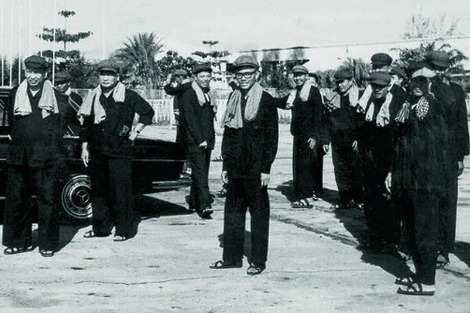
AUSTRALIA
- Michael Walter
- 11 November 2015
10 Comments
This photo is quite ordinary. It seems as though the men have just arrived somewhere, and have awkwardly posed for a camera. What is so haunting about this photo is the story of what these men would do. The man on the left is Pol Pot, leader of the Khmer Rouge. The man in the middle is Comrade Duch, the meticulous chief of Tuol Sleng Prison. In 50 years' time, what stories will be embedded in the ordinary photographs of today? What stories will be attached to ordinary photos of us?
READ MORE 
-

- Jenny Te Paa
- 09 October 2015
16 Comments
Thank you Francis, for although you have not spoken at any length about theological education per se — any more than you have spoken about the status of women per se — in spite of these somewhat startling omissions, this indigenous lay woman theological educator feels no less inspired, comforted, reassured, blessed, beyond imagining by your gentle, wise, insistent and prophetic urgings.
READ MORE
-
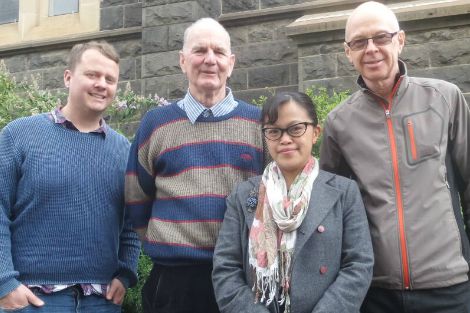
AUSTRALIA
- Michael Mullins
- 21 September 2015
12 Comments
It's about eschewing hard facts and egocentricity to imagine the world through other people's eyes. I was prompted to think about empathy by the Abbott Government's decision to take 12,000 Syrian refugees. Whether or not the motivation was political, it's actions that count. Which was indeed the case with the Minister Dutton's display of negative empathy in his joke about the precarious climate plight of Australia’s friends who live in Pacific Island nations.
READ MORE 
-

INTERNATIONAL
- Samuel Tyrer
- 06 August 2015
21 Comments
The Expert Panel on Asylum Seekers of 2012 said 'a regional cooperation and protection framework' should shape policymaking. Support for a regional solution also exists among academics and NGOs such as the Refugee Council of Australia. So what would such a framework look like? And when the time comes, will Australia be prepared to lead the way by increasing resettlement numbers?
READ MORE 
-

AUSTRALIA
- Andrew Hamilton
- 03 August 2015
8 Comments
Lomborg's profile was built by a book on global warming in which he accepted its reality, but argued its effects would not be as catastrophic as predicted. He is a good media performer whose métier is not scholarship but popularisation. Universities, which claim that their activities are characterised by depth, appoint people with higher scholarly credentials and research experience to lead their research centres.
READ MORE 
-
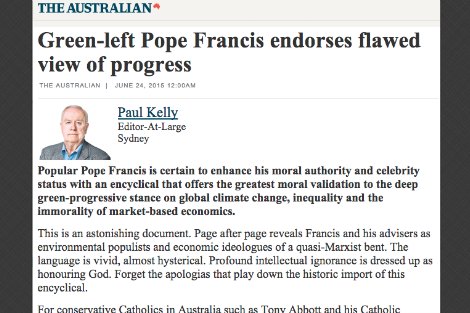
RELIGION
- Bruce Duncan
- 10 July 2015
37 Comments
In a series of articles, The Australian newspaper has strongly criticised the new encyclical Laudato Si', with editor-at-large Paul Kelly charging that the Pope has 'delegitimised as immoral' pro-market economic forces. This is wrong. Pope Francis is not opposed to the free market in principle, but insists that it be well regulated to ensure social justice for all involved.
READ MORE 
-
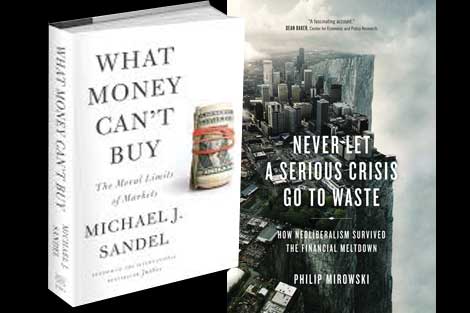
AUSTRALIA
Neoliberal economics underlies the recent Federal Budget and the major parties’ welfare policies. It proclaims the end of the age of entitlement and speaks of small government, as it embraces the privatisation of 'service delivery'. Faith based organisations are involved as agencies of the government, often forced to impose punitive measures rather than the promise of the 'carrot' that is their purpose.
READ MORE 
-
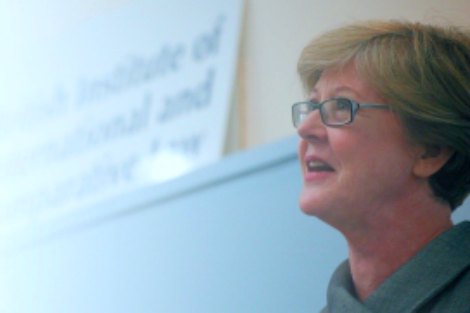
AUSTRALIA
- Binoy Kampmark
- 18 February 2015
22 Comments
A group of 50 academics has pointed out that 'Independent public office holders are an important part of modern democratic societies.' The Australian Bar Association and the Law Council of Australia have similarly argued that the personal attacks on Triggs amounted to an undermining of justice and the protection of human rights. It is a point the Abbott Government neglects to its peril.
READ MORE 